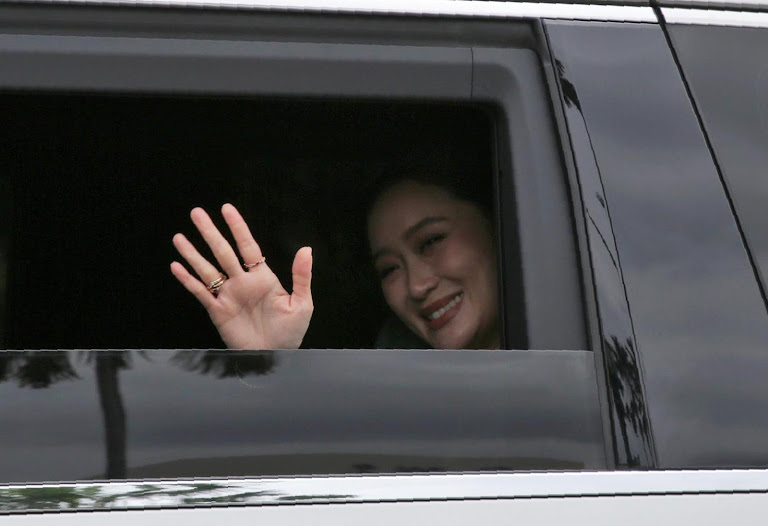Thailand’s Fragile Politics: Elite Maneuvering Threatens to Topple Another Party
Shifting alliances and leaked scandals reveal a deeper struggle for control threatening the kingdom’s delicate political balance.

Thailand’s political arena isn’t just a stage for democracy; it’s a complex adaptive system, honed by decades of coups, constitutions, and compromises. The recent turmoil within the United Thai Nation (UTN) Party, far from being an isolated incident, exposes the precarious equilibria that define Thai politics—equilibria built on shifting sands of patronage, rather than the bedrock of principle. As the Bangkok Post reports, the UTN appears “in an almost unsalvageable state,” wracked by internal strife. But the real story here is less about one party’s potential implosion and more about the precarity baked into the system itself.
At the heart of the UTN’s predicament lies a leaked audio clip allegedly implicating Prime Minister Paetongtarn Shinawatra in a quid pro quo with Cambodia—a dance behind closed doors made all the more incendiary by simmering border disputes. Yet the fallout isn’t solely attributable to this singular event. It’s symptomatic of a deeper malaise: the pervasive blurring of public service and private gain, where personal connections are the currency of power and policy often plays second fiddle.
“I am the captain of this ship. If I abandon it now, everyone on board will go down with it. It’s a hard choice, but I must stay and steer it through.”
UTN secretary-general Akanat Promphan’s defiant statement is both a confession and a justification. It’s a tacit admission that the “ship” of Thai politics is laden with compromises, sailing through treacherous waters where the lines between loyalty and self-preservation are dangerously blurred. He’s clinging to a vision of order while navigating an environment profoundly shaped by the incentives toward disorder.
But consider this: What kind of stability requires such constant, precarious maintenance? Thailand’s political saga has long revolved around the tug-of-war between populist fervor and entrenched establishments. It’s not merely a color-coded battle of “red shirts” versus “yellow shirts.” It’s a fundamental tension between the promise of democratic ideals and the enduring influence of the military, the monarchy, and a network of elite families whose fortunes are inextricably linked to the status quo. Parties ascend and plummet, pledging reformation, yet they frequently get assimilated into the very framework they vow to overturn. This assimilation underscores a pivotal yet oft-overlooked dynamic: the centralization of economic power in the hands of a select few, which allows them to quietly manipulate political outcomes.
As analyst Stithorn Thananithichot observes, “the old power clique believes Pheu Thai can’t be allowed to collapse, as doing so would make it harder to control the game.” The objective isn’t efficient governance, but rather the upholding of a delicate equilibrium, ensuring no individual faction can disrupt the existing hierarchy. It’s a complex choreography, a constant recalibration to maintain the illusion of progress without jeopardizing the existing distribution of power and wealth.
Historically, Thailand’s cycle of coups, constitutional revisions, and political realignments rarely lead to tectonic shifts in power dynamics. As scholars like Duncan McCargo have argued, the foundational power structures, intricately woven with economic stakes, typically remain untouched. Look at the 2006 coup, for example. While Thaksin Shinawatra was ousted, the networks of patronage and the underlying tensions between rural populism and urban elites endured, setting the stage for future instability. The UTN, born from the “political DNA” of a former general and the latest political vehicle for Prayut Chan-o-cha, embodies this persistent pattern. It’s not an outlier but an echo.
So, what lies ahead for Thailand? The most plausible forecast is one of sustained political fragility, where parties prioritize immediate survival over future-oriented strategy, and where the public, disenchanted with corruption and clandestine transactions, is met with more of the same. Perhaps this moment of crisis serves as a pivotal juncture, an opportunity for genuine and meaningful reform. But the weight of history suggests a different, more probable path: the system will absorb the shock, adapt to the new circumstances, and the dance of power will continue, albeit with slightly different partners.









